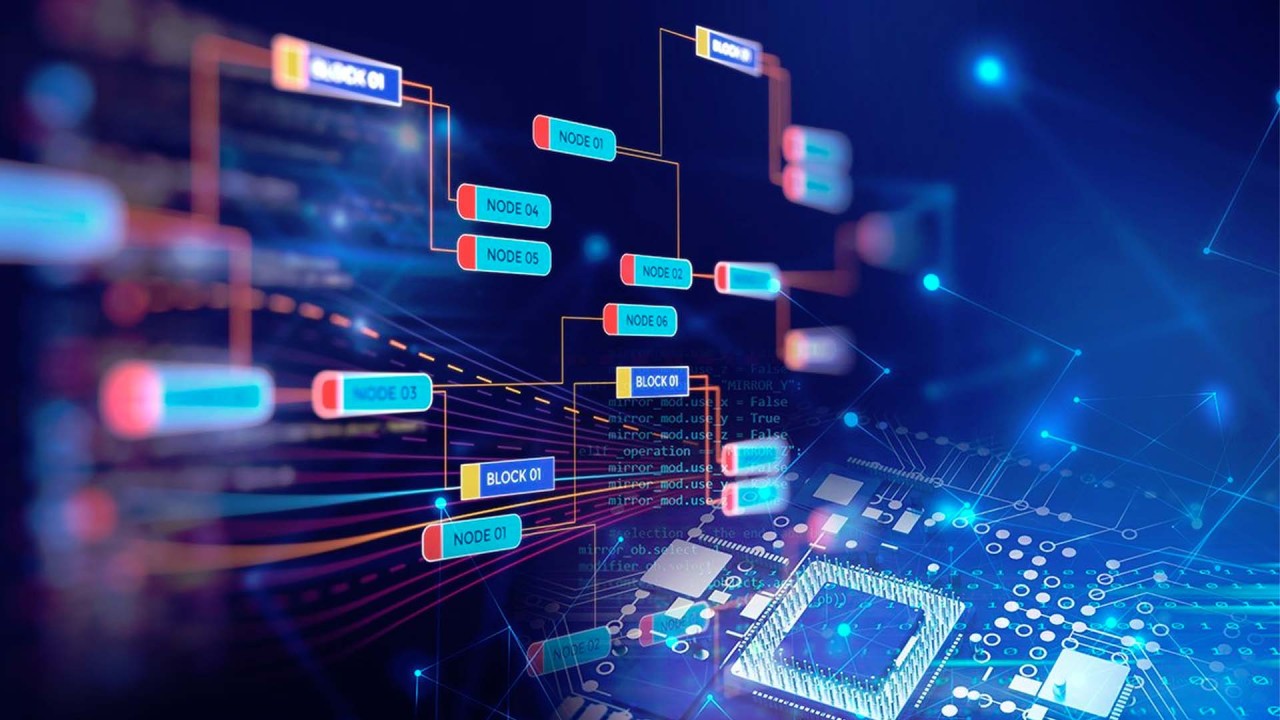Tokenization: The Future of Indonesia’s Financial Sector
As blockchain technology continues to gain traction across various sectors, its potential to transform the financial landscape in Indonesia is becoming increasingly apparent. Tokenization, the process of converting real-world assets into digital tokens via blockchain, is emerging as a key trend in Indonesia's financial sector. According to the Project Wira report titled "Peluang Tokenisasi Aset Indonesia," the demand for tokenized assets in the country is expected to reach USD 88 billion by 2030. This technology has the power to democratize access to financial markets by lowering investment minimums and enabling greater financial inclusion.
The Power of Tokenization
Tokenization allows physical or real-world assets—such as property, commodities, and even gold—to be represented digitally on a blockchain. This process enhances transparency, liquidity, and market efficiency, which is vital for an economy like Indonesia's, which is still evolving in terms of financial inclusion. By enabling fractional ownership of assets, tokenization lowers the barrier for retail investors to participate in markets that were once out of reach.
Institutional Interest in Tokenization
While tokenization is still in its infancy, it has already piqued the interest of traditional financial institutions. The potential for improving liquidity, transparency, and efficiency in markets is attracting attention from major banks and fintech companies alike. Co-CEO of D3 Labs, Tigran Adhiwirya, emphasized that tokenization is not merely a gimmick, but a tool that brings real value to the financial sector, especially regarding liquidity and inclusivity.
The Indonesian government is also taking proactive steps to embrace blockchain technology, including the introduction of a regulatory sandbox. This initiative aims to foster innovation while ensuring that the technology operates within a secure and regulated framework. According to Adhiwirya, with market interest and progressive regulatory support, Indonesia’s tokenization sector could become a leader in Southeast Asia, contributing significantly to the national economy.
Real-World Applications of Tokenization in Indonesia
One of the most notable implementations of tokenization in Indonesia is the collaboration between BTN and D3 Labs to tokenize real estate assets. Through a blockchain-based Real Estate Investment Fund (DIRE), BTN aims to bring property investments to a broader range of people, increasing accessibility and liquidity in the market.
In the gold sector, Pegadaian is exploring tokenization to make gold ownership more accessible and efficient. Tokenization allows the division of high-value assets into smaller, more affordable units, making them more attractive to retail investors. As Pegadaian's director, Teguh Wahyono, explained, tokenization will not only simplify the process of buying and storing gold but will also allow companies to reach a wider market.
Regulatory Support and Financial Deepening
The Indonesian Financial Services Authority (OJK) is actively working on developing frameworks for tokenizing assets such as bonds, gold, and real estate. Djoko Kurnijanto, Head of the OJK's Department of Financial Innovation Regulation, highlighted the importance of balancing innovation with regulation to ensure that tokenization and blockchain technologies continue to evolve safely and sustainably.
The potential for tokenization extends beyond the financial sector into strategic industries such as commodities. Indonesia, being the world's largest exporter of palm oil and coal, can leverage tokenization to improve supply chain efficiency and reduce inefficiencies in the commodities market.
Conclusion
With the support of regulators and a growing market demand, tokenization is poised to play a transformative role in Indonesia's financial future. By improving liquidity, inclusivity, and market efficiency, this technology is not just a trend but a significant step forward in advancing financial accessibility for all Indonesians.
Read More






 Saturday, 17-01-26
Saturday, 17-01-26







